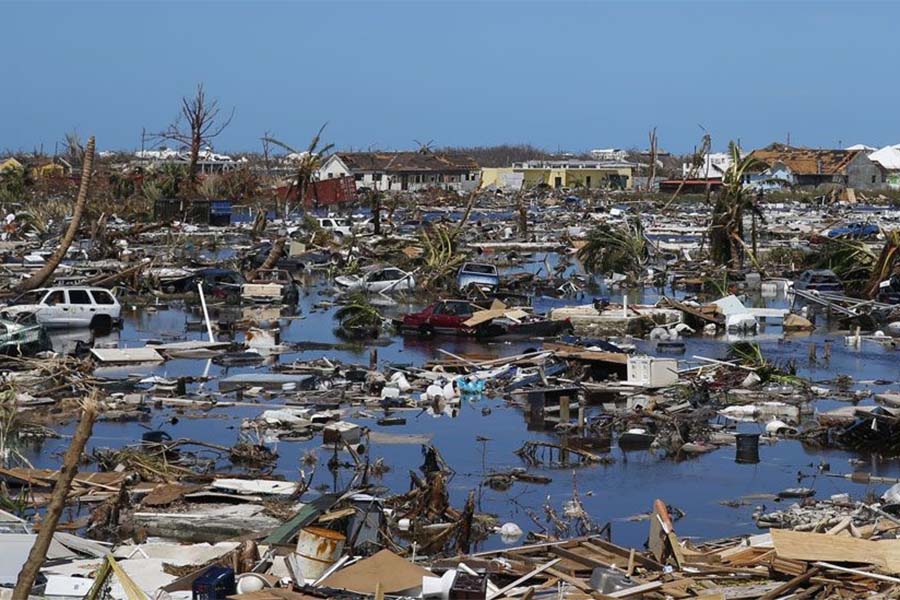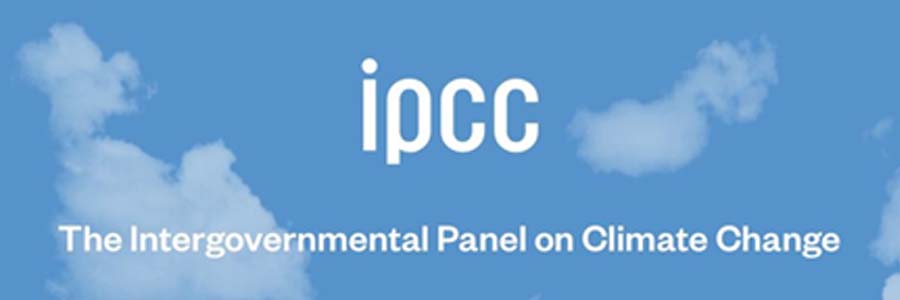Introduction
Governments worldwide have become increasingly aware of the urgent need to implement solutions to the climate crisis. These solutions must be multi-faceted, and bring together approaches that are rooted in balancing conservation efforts, access to resources, and the concerns of indigenous communities.
The 30×30 target represents a global initiative by governments to designate 30% of Earth’s land and ocean areas as protected regions by 2030. This approach will include input from multiple stakeholders, and has been hailed by Karen McDonald Gayle, CEO of the Caribbean Biodiversity Fund, as providing the opportunity to have the voice of the region heard in global biodiversity efforts to safeguard natural resources for the next generation. According to the International Union for Conservation of Nature, this will also facilitate a “move towards a nature positive future; whilst recognising and safeguarding the rights of indigenous peoples and local communities, and their rights to land and resources.
About Caribbean 30×30 and the High Ambition Coalition (HAC)
The Caribbean 30×30 movement is part of a global initiative to protect 30% of the planet’s resources, both marine and terrestrial, by the year 2030. This target prioritises the protection of biodiversity, and seeks to combat the ravages of the effects of climate change. In the Caribbean this is crucial, as many of the islands in the region have limited resources to allocate in the aftermath of extreme weather events and natural disasters. This was glaringly evident in the case of Hurricane Dorian, which decimated the Bahamas in 2019, and the Haitian earthquake of 2021.

Caribbean 30×30 signals the progressive development in sustainability that recognises the intrinsic connection between the land and the ocean. Protecting biodiversity has corresponding positive impacts, such as the safeguarding of 500 gigatonnes of carbon stored in vegetation and soils, enhancing food security, and supporting the 30 million jobs that exist within the ecotourism sector. The goal of protecting marine ecosystems also has multiple benefits, as the ocean plays such an important part of the social, cultural, and economic landscape of the Caribbean. Indeed, a healthy ocean ecosystem is absolutely critical to the future success of SIDS, as a significant proportion of their populations depend heavily on food from the ocean for their major source of nutrition.
Also, many of the local inhabitants are also employed in the sea-food industry to provide seafood products for sale locally and/or abroad. Furthermore, the preservation of sustainable fisheries by restoring fishing grounds will strengthen food security, and this is one of the measures that has been endorsed by the Global Ocean Alliance (GOA). Several Caribbean countries have expressed their commitment to the GOA, as the designation of Marine Protected Areas (MPAs) and Other Effective area-based Conservation Measures (OECMs) will provide a higher level of protection than currently exists and allow both the marine environment and sustainable marine economies to thrive.

The Caribbean 30×30 is part of the overall target established by the work of the High Ambition Coalition for Nature & People (HAC), and strives to emphasise the effectiveness of a combined approach of protecting both the ocean and the Earth. Globally, only 7% of oceans and 15% of land are designated as protected. In order to meet the 30×30 goal, the HAC has been gathering pledges from global governments ahead of the signing of the official treaty in Kunming, China, later this year. The Coalition is co-chaired by Costa Rica and France, with the United Kingdom named as the Ocean co-chair. So far, over 85 nations have indicated their commitment to the science-backed 30×30 target including Canada, the Marshall Islands, the Maldives, and several of the European Union’s member states. A full list of participating countries can be found here.
The Benefits of the Caribbean 30×30
So far, a dozen Caribbean nations have signed up to either the HAC or GOA. The HAC seeks to protect 30% of both land and ocean resources, while the GOA focuses solely on marine conservation. HAC members include Antigua & Barbuda, Jamaica, and Grenada, while for the GOA, the Caribbean is represented by the likes of St Kitts & Nevis, Guyana, and St Lucia. Currently, the 30×30 campaign aims to fold GOA members into the HAC in order to maximise the effectiveness of land and ocean conservation efforts.The Caribbean 30×30 movement will provide an impetus to regional collaboration, foster resilience, and provide a platform for the exploration of climate change solutions that are effective, innovative, and tailored to the specific challenges of the region. These challenges include storm damage, reduced crop productivity, and insurance claims, and in light of such challenges it seems fitting that the Caribbean is poised to play a leading role in the 30×30 initiative. Grenada’s Minister for Climate Resilience Simon Stiell has said “It is vitally important for strong action to be taken with regard to the protection of our lands and seas.”
This sentiment has been echoed by Barbados’ Minister of Environment, National Beautification and the Blue and Green Economy of Barbados Hon. Adrian Forde, who has stated that “Barbados is proud to be pursuing the 30×30 target alongside several other Caribbean nations. This target is one that the region should take on together as its benefits will only compound and increase as other countries join and protect our natural resources.” Other major benefits can be explored here.
The Role of the Convention on Biological Diversity (CBD) and the Intergovernmental Panel on Climate Change (IPCC)
The goals and objectives of the Caribbean 30×30 movement will be amplified by the upcoming CBD, as well as the findings of the latest report released by the IPCC.

In April and May 2022, the Convention on Biological Diversity will hold its 15th Conference of the Parties (COP) where global new biodiversity targets will be agreed to by members of this international convention. The Caribbean sits amongst the global small islands of the world who make up 1/5th of the membership of the CBD, and the collaborative effect of the 30×30 initiative will make a significant difference in deciding the future and health of our Planet. It is hoped that the discussions at this convention will begin the process of ensuring that the region has adequate financing, technical resources and capacity necessary to ensure its long-term economic future. This can only be possible if the world stands united with the science that shows that 30×30 gives us a fighting chance.

For the first time, the most recent IPCC report made the effort to include indigenous knowledge, and made a conscious effort to incorporate contributions from philosophers, anthropologists and other authors from different disciplines which may not be seen as traditional areas of climate change research. The overall effect of this will be a multifaceted benefit of drawing on more qualitative social sciences and providing a richer picture of topics like vulnerability and climate justice, while highlighting more nuanced insights into the benefits of the Caribbean 30×30.
One of the most enlightening aspects of the report that showcased the benefits of the Caribbean 30×30 was the finding that much of the world’s current climate adaptation measures are not necessarily effective, and this results from the presence of limitations such as insufficient finance and poor planning. The inclusive and collaborative approach of the Caribbean 30×30 initiative will provide a fruitful ground to overcome such limits, which could be addressed through more inclusive governance.
Call to Action
Please visit the Caribbean 30×30 website for more information, and to subscribe to updates on the progress of commitments around the region.
We also invite you to register for Island Innovation’s upcoming Island Finance Forum, which will take place from April 25th to 29th, 2022. This virtual event is free to attend, and will bring together senior financiers, development partners and regulators to share and exchange expertise on sustainable and inclusive financial structures in island communities. These structures will be instrumental in the success of the Caribbean 30×30.




